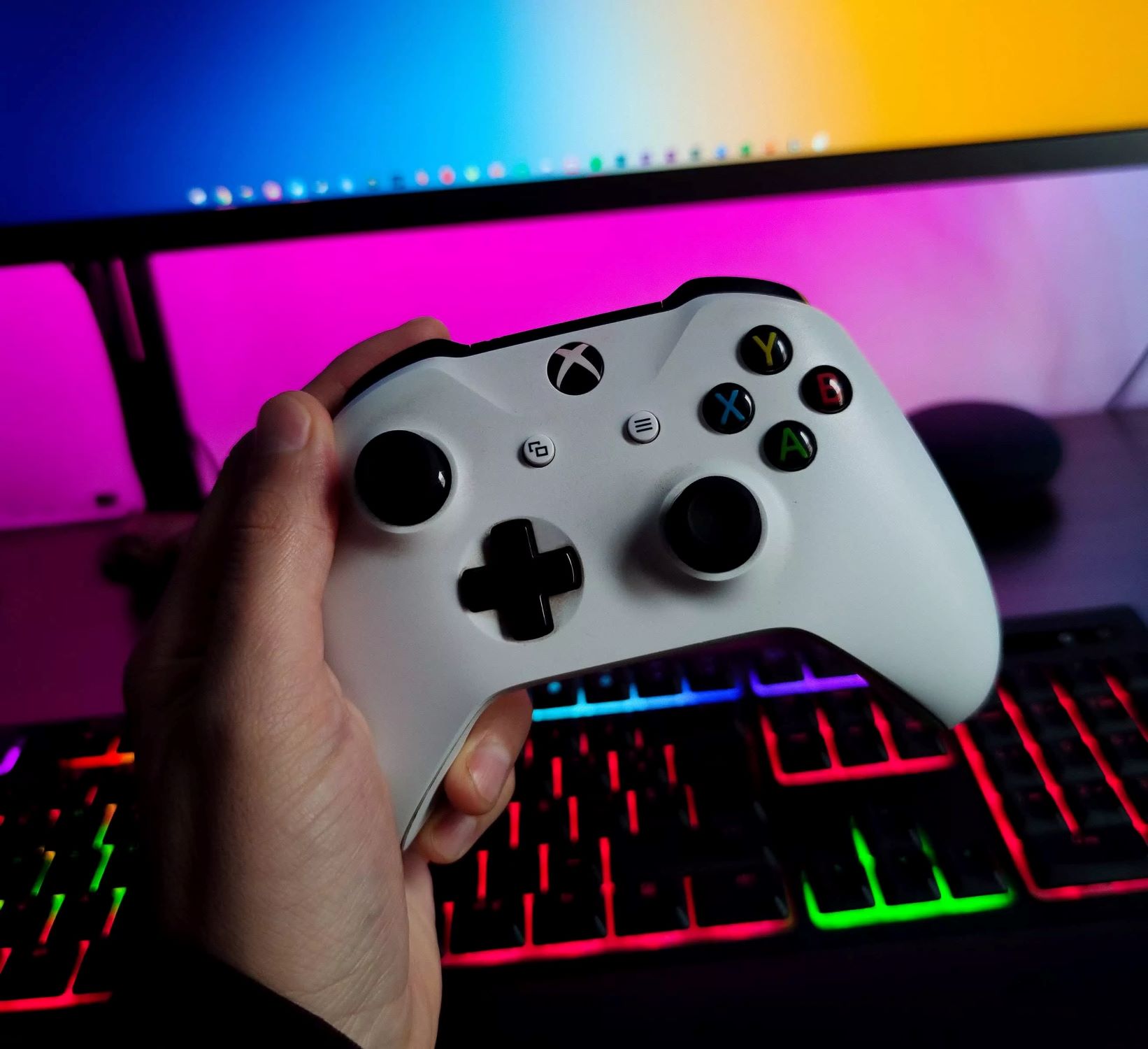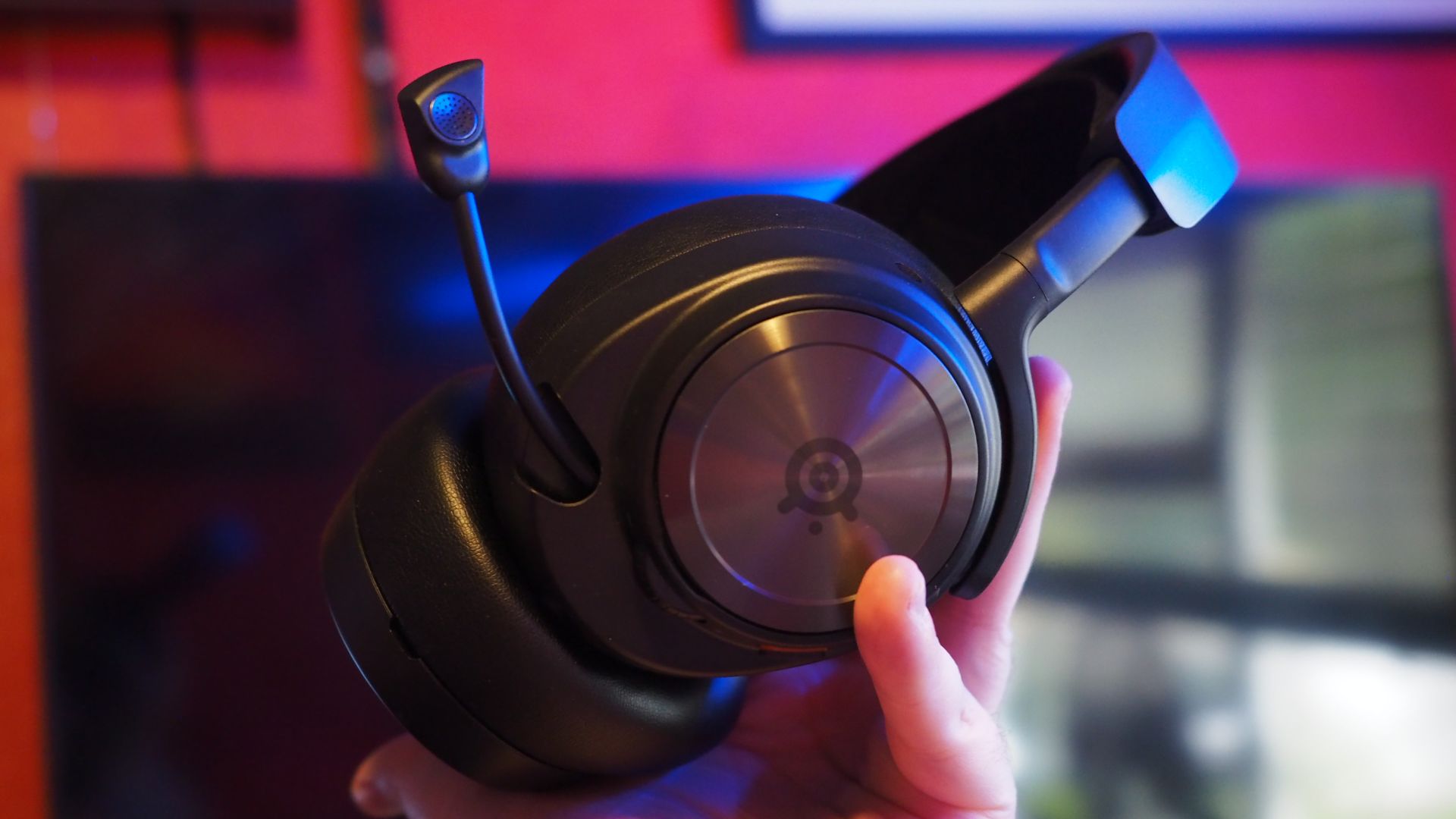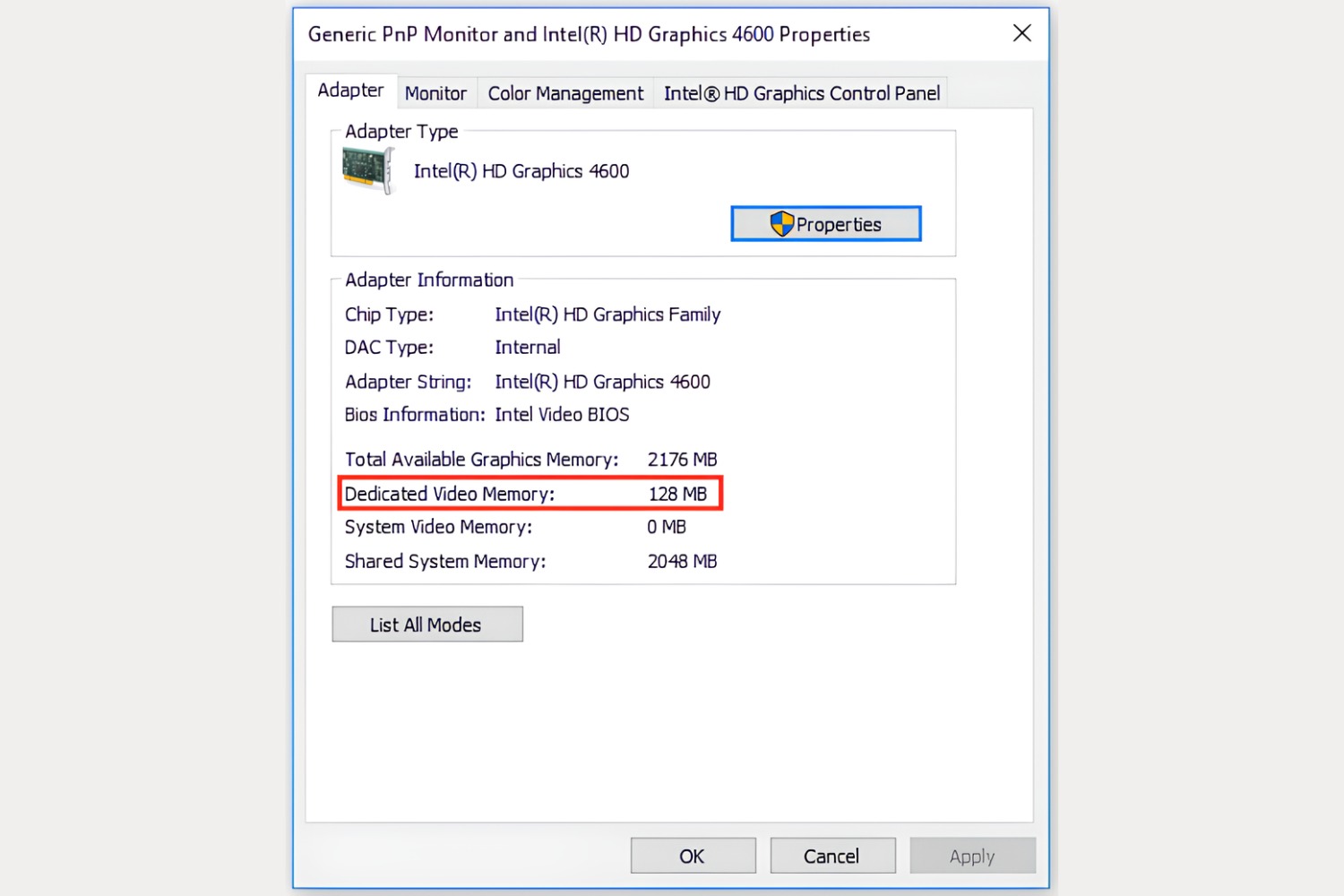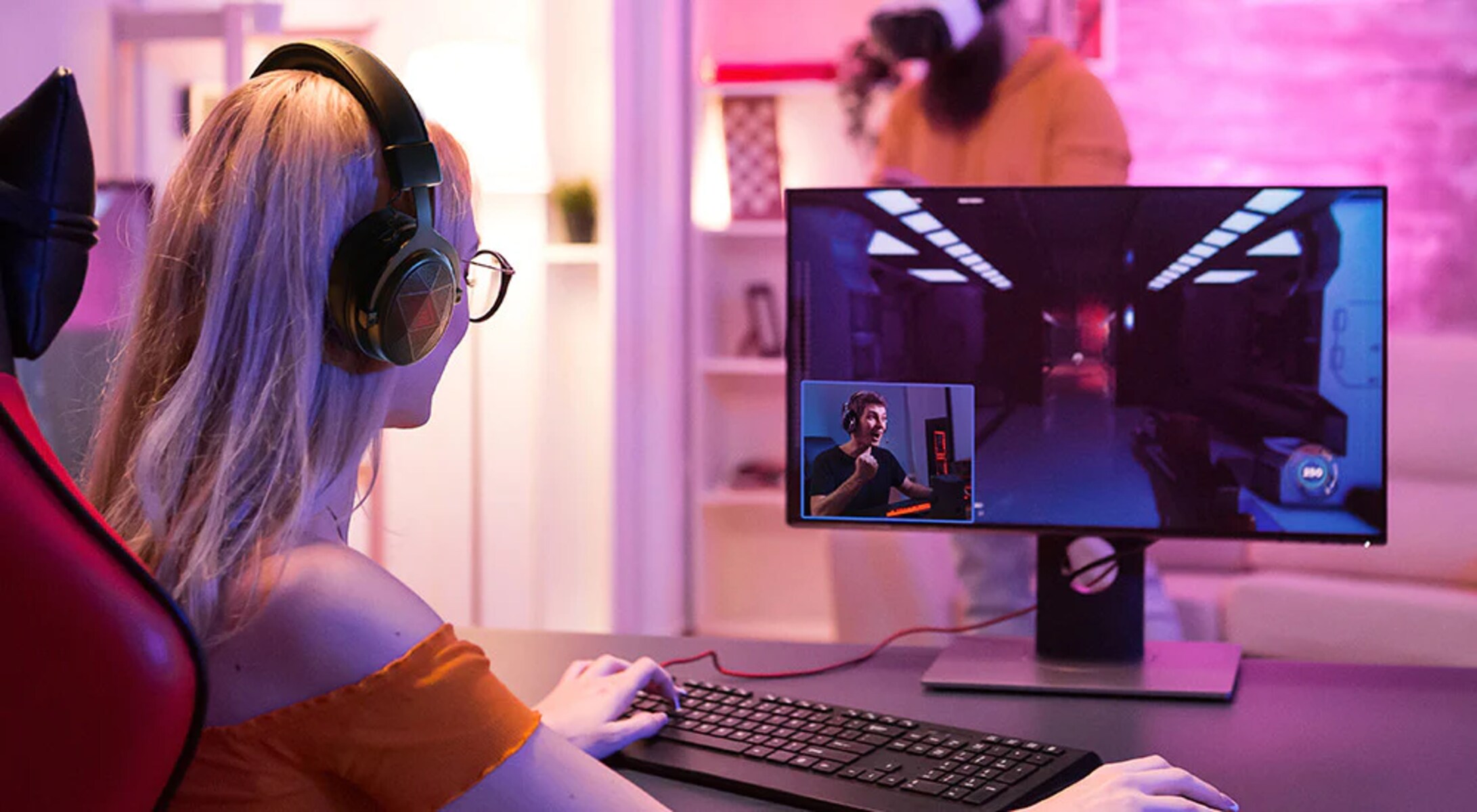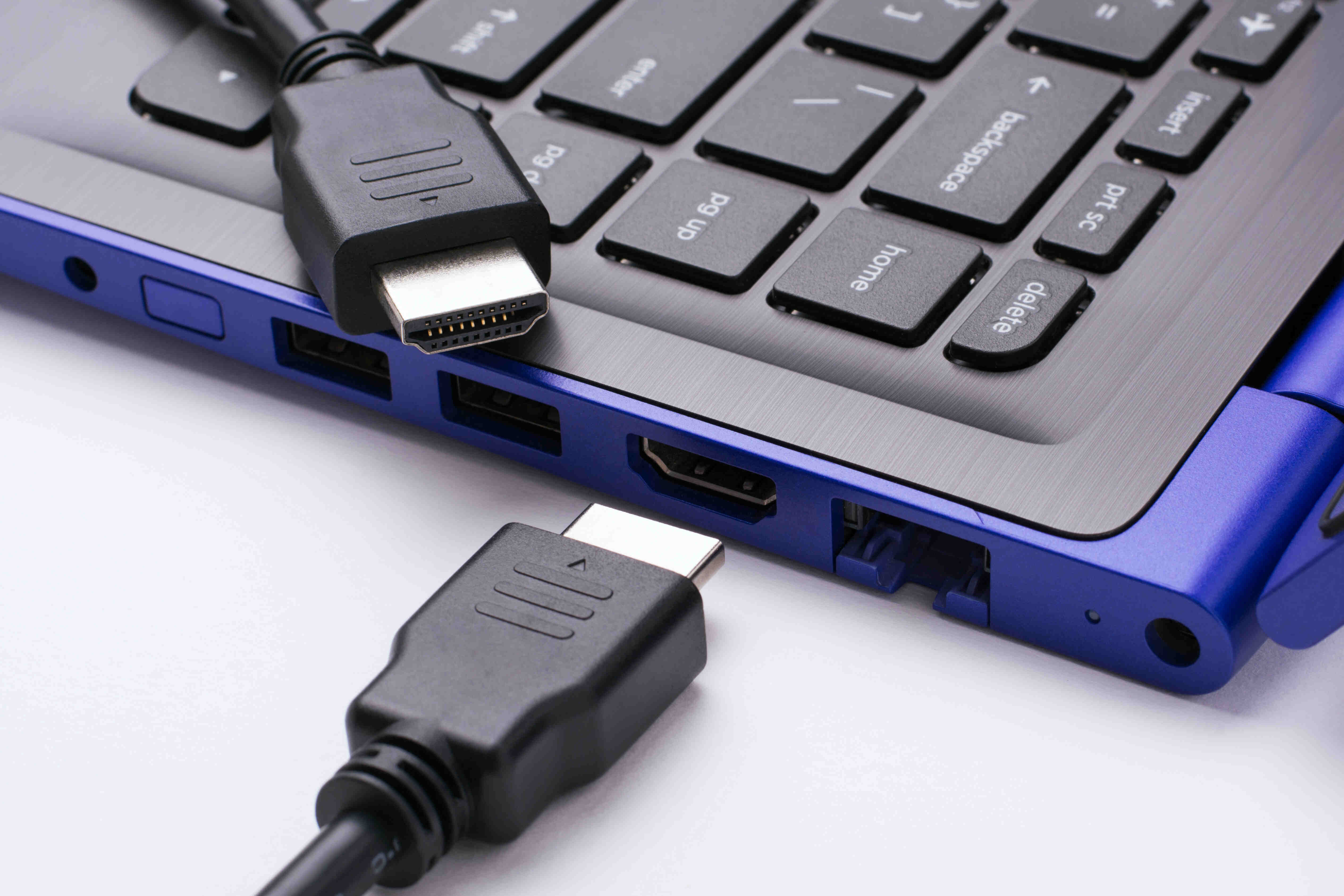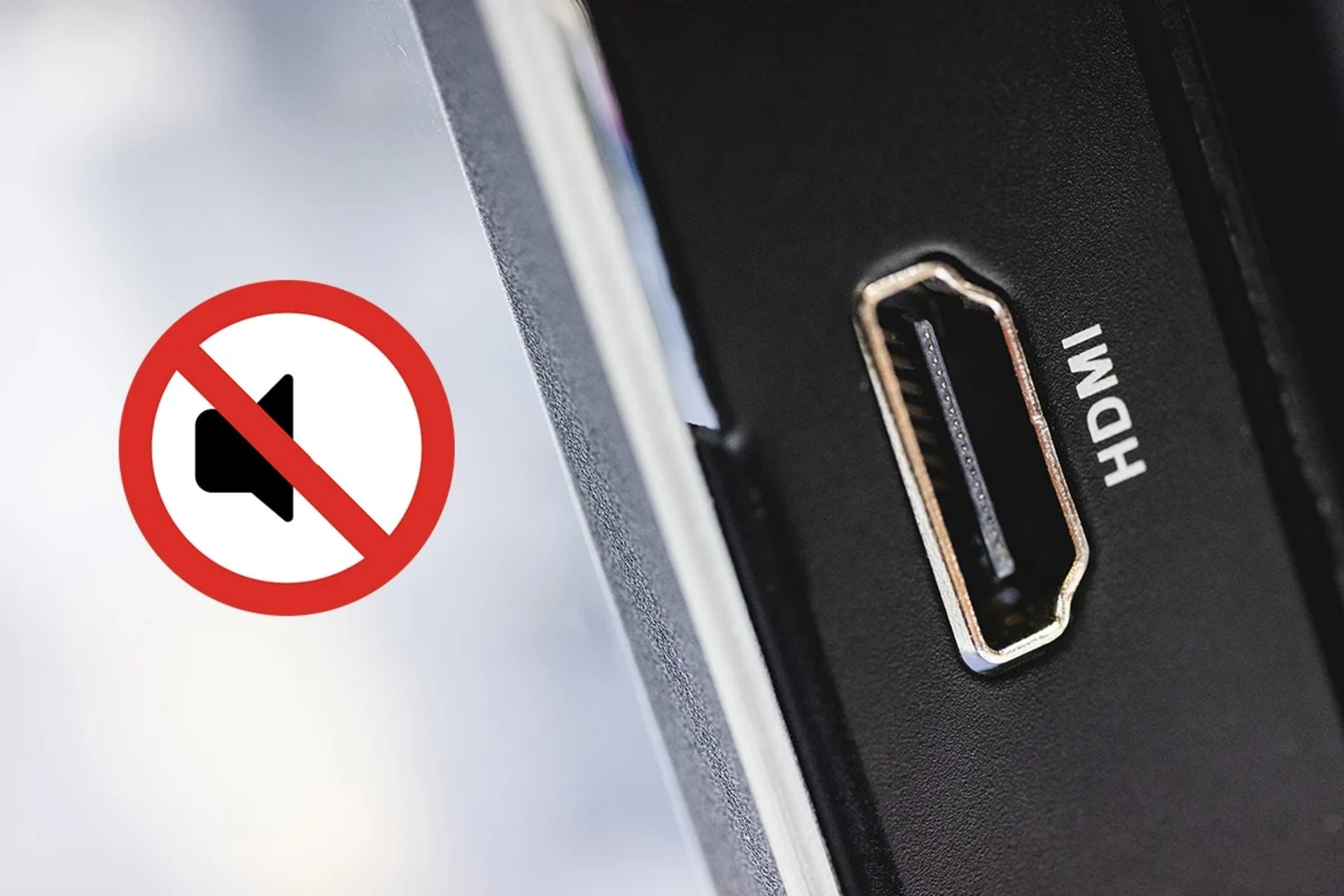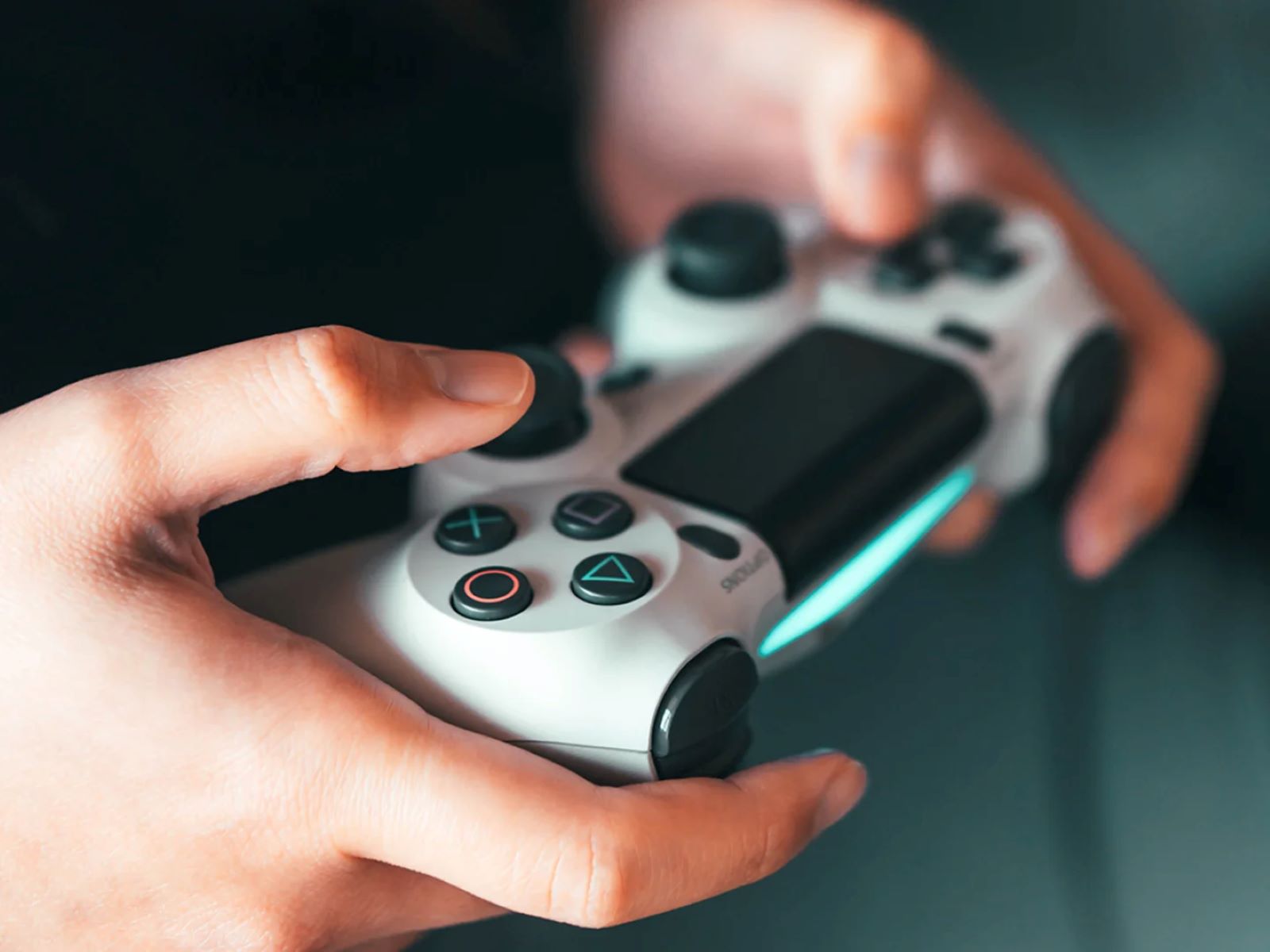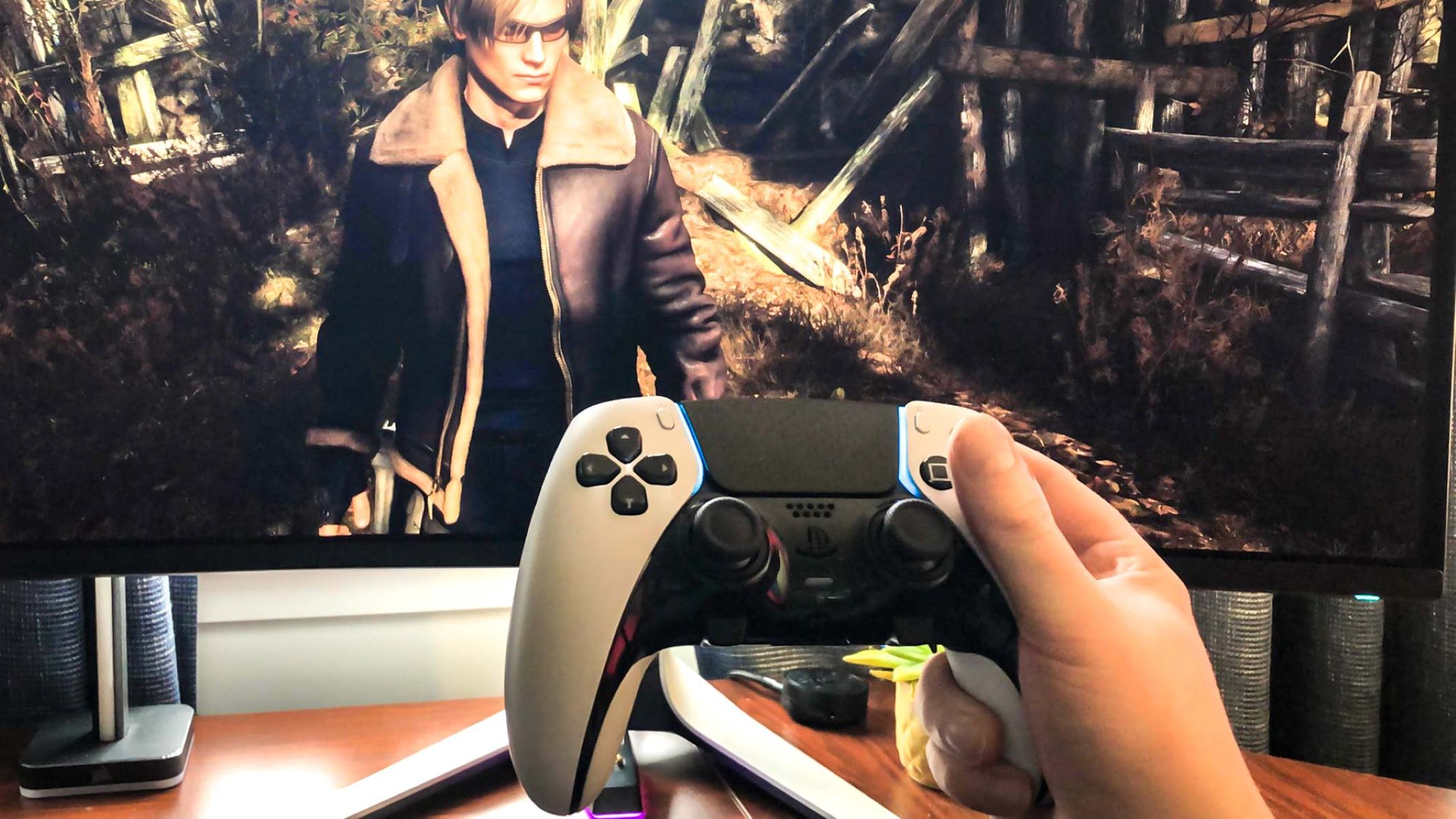Introduction
Are you a gaming enthusiast eager to play your favorite video games on your Windows 10 PC using a controller? Configuring a video game controller on Windows 10 can significantly enhance your gaming experience, offering a more intuitive and immersive gameplay. Whether you prefer the precision of a gaming controller for action-packed adventures or the comfort it brings during lengthy gaming sessions, setting up your controller on Windows 10 is a straightforward process.
In this comprehensive guide, you will learn how to seamlessly configure a video game controller on your Windows 10 PC. By following these simple steps, you can enjoy a wide range of games with the controller of your choice, unlocking a new level of enjoyment and control.
Let's dive in and explore the step-by-step process of connecting, installing drivers, configuring settings, and testing your controller to ensure it functions seamlessly with your Windows 10 system. Whether you're a seasoned gamer or just getting started, this guide will equip you with the knowledge and skills to set up your video game controller effortlessly. So, grab your controller, and let's get started on this exciting journey to optimize your gaming experience on Windows 10!
Step 1: Connect the Controller to Your PC
First things first, you need to physically connect your video game controller to your Windows 10 PC. The method of connection may vary based on the type of controller you have. Here are the common approaches to connecting popular types of controllers:
- Wired Controllers: If you have a wired controller, simply plug one end of the USB cable into the controller and the other end into an available USB port on your PC. Windows 10 will automatically detect and install the necessary drivers for many popular wired controllers.
- Wireless Controllers: For wireless controllers, you will need a wireless adapter that is compatible with your controller. Once you have the adapter, connect it to an available USB port on your PC. Follow the specific pairing instructions for your controller to establish a wireless connection with the adapter.
- Bluetooth Controllers: If your controller supports Bluetooth connectivity, you can pair it directly with your PC if it has built-in Bluetooth capabilities. Enable Bluetooth on your PC and put your controller in pairing mode. Follow the on-screen instructions to complete the pairing process.
After connecting your controller using the appropriate method, ensure that it is recognized by your Windows 10 system. You can check this by navigating to the Device Manager and looking for the controller under the “Human Interface Devices” or “Universal Serial Bus controllers” category. If your controller is listed without any warning symbols, it is successfully connected to your PC.
With your controller now physically connected to your Windows 10 PC, you are ready to proceed to the next step of installing any necessary drivers to ensure proper functionality.
Step 2: Install Any Necessary Drivers
After connecting your video game controller to your Windows 10 PC, it’s essential to ensure that the appropriate drivers are installed to enable seamless communication between the controller and your operating system. While many modern controllers are plug-and-play, meaning they are automatically recognized and configured by Windows 10, some controllers may require additional drivers for optimal functionality.
If your controller came with a driver installation disc or a download link for drivers, it’s recommended to use these resources to install the specific drivers designed for your controller. Alternatively, you can visit the official website of the controller’s manufacturer to find and download the latest drivers compatible with Windows 10.
For wireless controllers with a dedicated wireless adapter, it’s crucial to install any accompanying software or drivers provided by the adapter’s manufacturer. This ensures that the adapter is recognized and functions correctly with your PC and the controller.
Once you have obtained the necessary drivers, follow the installation instructions provided by the manufacturer. This typically involves running the driver installer and following the on-screen prompts to complete the installation process. After the drivers are installed, it’s advisable to restart your PC to ensure that the changes take effect and the controller is fully integrated with your system.
By installing the required drivers, you can maximize the performance and compatibility of your video game controller with your Windows 10 PC, setting the stage for a smooth and enjoyable gaming experience. With the drivers successfully installed, you are now ready to proceed to the next step of configuring the controller in Windows Settings.
Step 3: Configure the Controller in Windows Settings
With your video game controller physically connected to your Windows 10 PC and the necessary drivers installed, it’s time to fine-tune the controller settings in Windows to ensure optimal performance and compatibility with your favorite games. Windows 10 provides built-in features that allow you to customize and calibrate your controller, providing a personalized gaming experience tailored to your preferences.
To access the controller settings, navigate to the “Settings” app on your Windows 10 PC. From the Settings menu, select “Devices,” and then click on “Bluetooth & other devices” or “Connected devices,” depending on the type of controller you are using. Here, you can manage and configure the settings for your connected controller.
If your controller is not automatically detected, you can use the “Add Bluetooth or other device” option to initiate the pairing process for wireless or Bluetooth controllers. Follow the on-screen instructions to pair and establish a connection with your controller.
For wired controllers, Windows 10 typically detects and configures them automatically, requiring minimal additional setup. However, you can still access the controller settings to customize button mappings, adjust sensitivity, and fine-tune other preferences to suit your gaming style.
Windows 10 also provides a built-in controller calibration tool that allows you to ensure that the controller’s inputs are accurately recognized and responsive. This calibration process can help address any potential issues with the controller’s functionality and enhance its precision during gameplay.
Additionally, if your controller features customizable buttons, triggers, or other advanced settings, you can explore the available options within the controller settings to tailor the configuration to your liking. This level of customization empowers you to optimize the controller’s performance based on the specific requirements of different games and genres.
By configuring the controller settings in Windows 10, you can tailor the gaming experience to your preferences, ensuring that your controller operates seamlessly and efficiently across a wide range of games. With the controller settings fine-tuned, you are now prepared to proceed to the final step of testing the controller in a game to validate its functionality.
Step 4: Test the Controller in a Game
Now that you have connected, installed drivers, and configured your video game controller in Windows 10, it’s time to put it to the test by playing a game. Testing the controller in a game allows you to ensure that it functions as expected and provides the level of responsiveness and control you desire for an immersive gaming experience.
Start by launching a game on your Windows 10 PC that supports controller input. Many modern PC games are designed to seamlessly integrate with popular controllers, offering native support for a wide variety of gaming peripherals. If you’re unsure whether a specific game supports controllers, you can check the game’s settings or consult the game’s documentation for information on supported input devices.
Once you have launched the game, navigate to the settings or options menu within the game to locate the controller settings. Here, you can verify that the game recognizes and responds to the inputs from your controller. It’s advisable to review and customize the in-game control mappings if the game allows for such adjustments, ensuring that the controller’s buttons, triggers, and joysticks are configured to your liking.
As you begin playing the game with your controller, pay close attention to how the controller responds to your inputs. Test the various buttons, triggers, and joysticks to ensure that they accurately translate your actions into on-screen movements and commands. Additionally, assess the level of comfort and precision the controller provides during gameplay, as these factors significantly contribute to an enjoyable gaming experience.
During the testing phase, observe whether the controller’s vibration feedback, if supported, enhances the immersion and tactile feedback in the game. Many modern controllers feature advanced vibration motors that deliver nuanced feedback, enriching the gaming experience with subtle vibrations that correspond to in-game events and actions.
By thoroughly testing the controller in a game, you can confirm that it operates seamlessly and enhances your gameplay experience. If any issues or inconsistencies are identified during testing, you may need to revisit the controller settings in Windows 10 to make further adjustments or troubleshoot any potential compatibility issues with the game.
With the controller successfully tested and validated in a game, you can now fully enjoy the immersive and intuitive gaming experience that your video game controller brings to your Windows 10 PC.
Conclusion
Congratulations! By following the step-by-step guide outlined in this article, you have successfully configured your video game controller on your Windows 10 PC, unlocking a world of immersive and intuitive gaming experiences. From connecting the controller to your PC to testing it in a game, you have gained the knowledge and skills necessary to seamlessly integrate your favorite controller with your gaming setup.
Configuring a video game controller on Windows 10 offers numerous benefits, including enhanced precision, comfort during extended gaming sessions, and seamless compatibility with a wide range of games. Whether you prefer the familiarity of a console-style controller or the versatility of a customizable gaming peripheral, the process of setting up your controller empowers you to tailor your gaming experience to your preferences.
With the controller now seamlessly integrated with your Windows 10 system, you can explore a diverse array of PC games that support controller input, immersing yourself in captivating narratives, intense action sequences, and competitive multiplayer experiences with the confidence that your controller delivers reliable and responsive performance.
As you embark on your gaming adventures with your newly configured controller, remember that Windows 10 provides a range of customization options, allowing you to fine-tune the controller settings to suit different game genres and personal preferences. Whether you’re navigating open worlds, engaging in fast-paced combat, or embarking on epic quests, your controller’s responsiveness and comfort will enhance your gaming enjoyment.
By staying informed about the latest updates and drivers for your controller, you can ensure that it continues to provide optimal performance and compatibility with your Windows 10 PC, allowing you to stay at the forefront of gaming technology and innovation.
Now, armed with the knowledge and expertise gained from this guide, you are ready to embark on a gaming journey filled with excitement, challenge, and endless entertainment, all at your fingertips with the seamless integration of your video game controller on your Windows 10 PC.
So, grab your controller, launch your favorite game, and immerse yourself in the captivating world of PC gaming, knowing that your controller is finely tuned to deliver an exceptional gaming experience on Windows 10.







